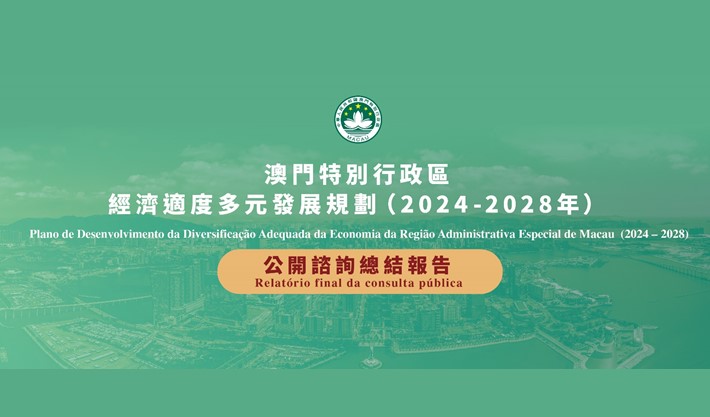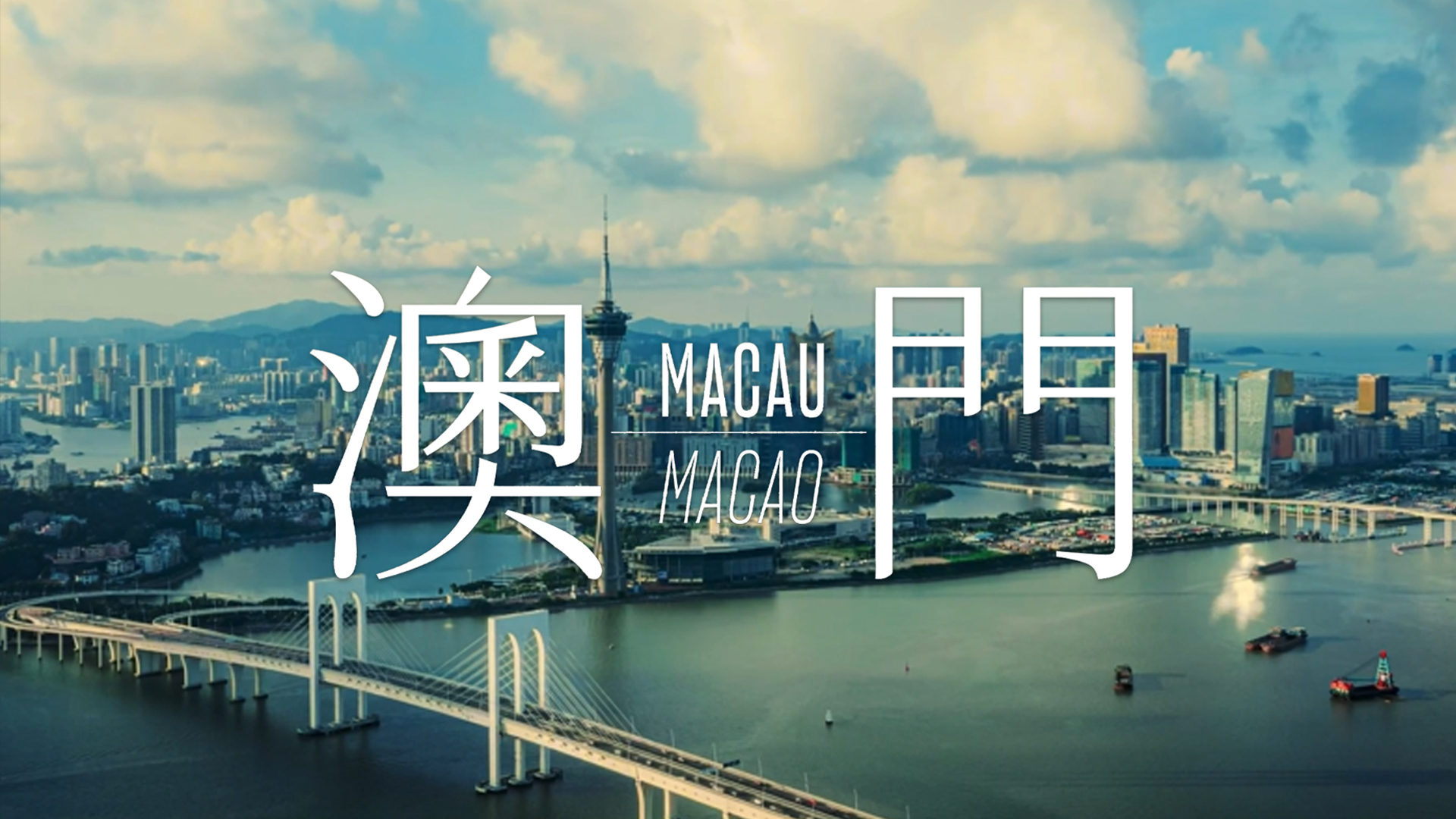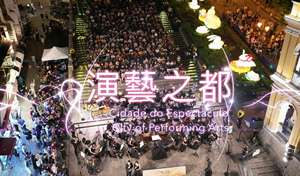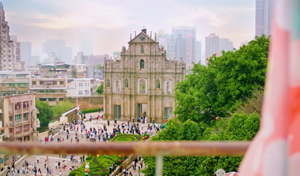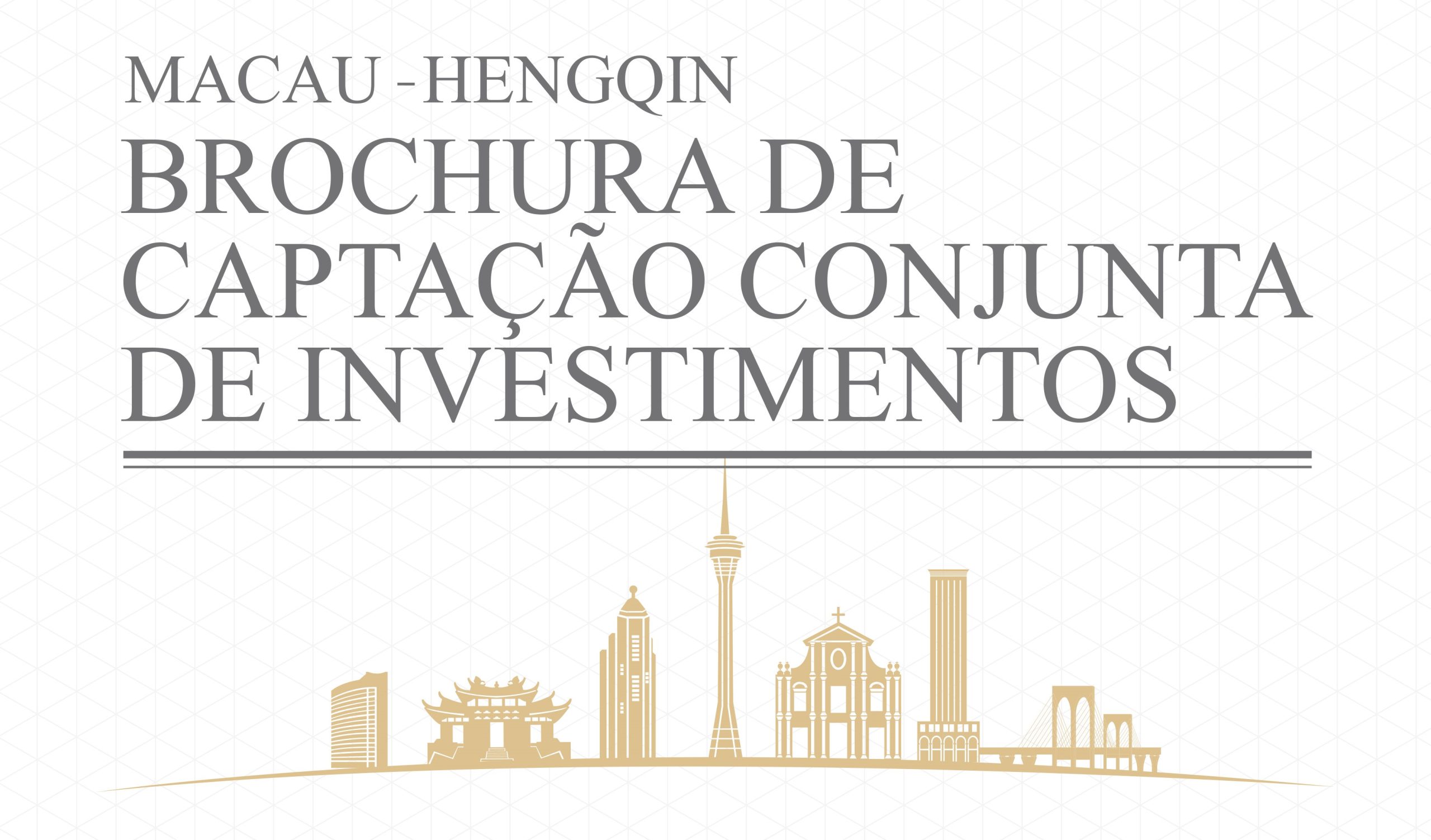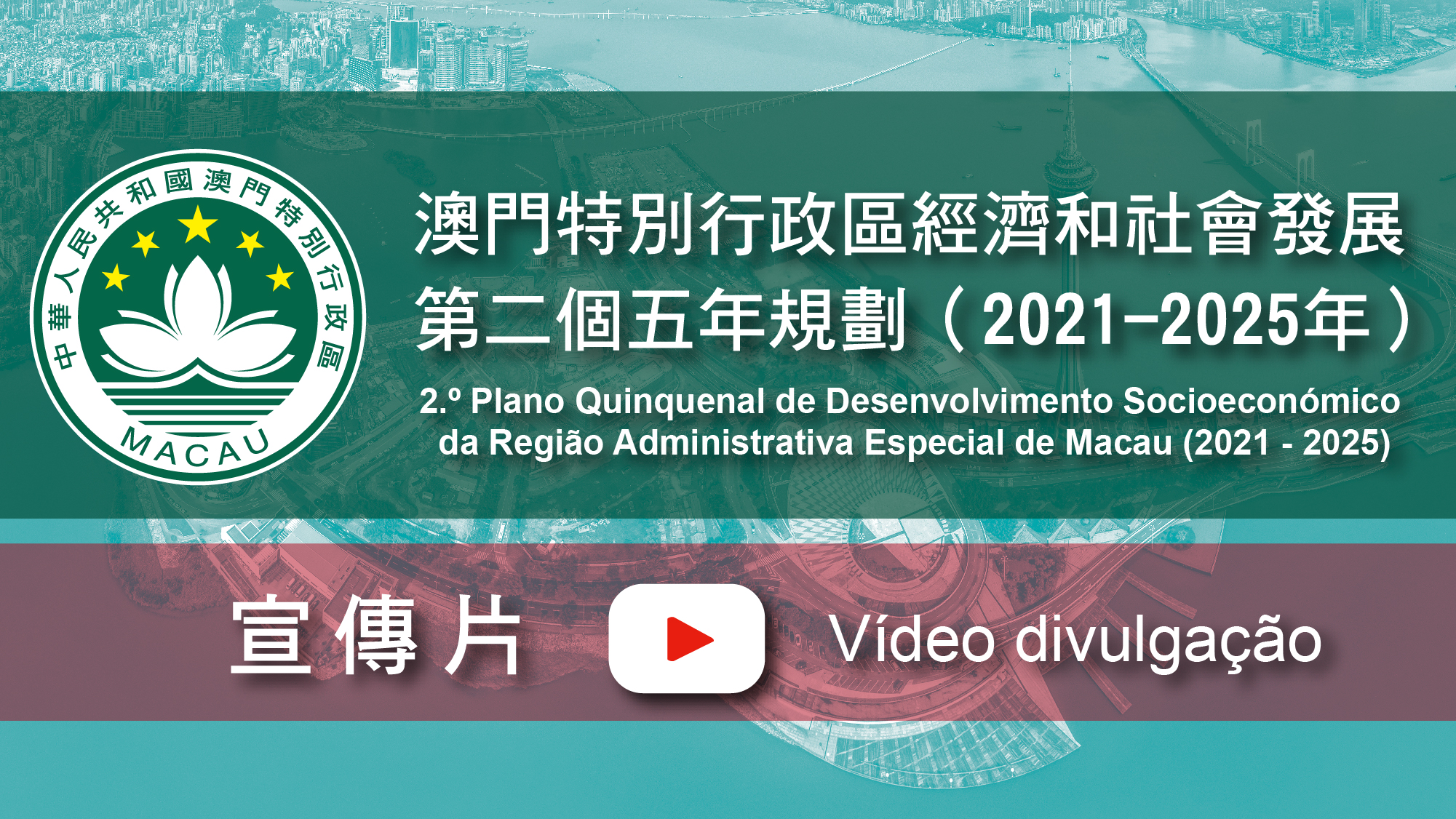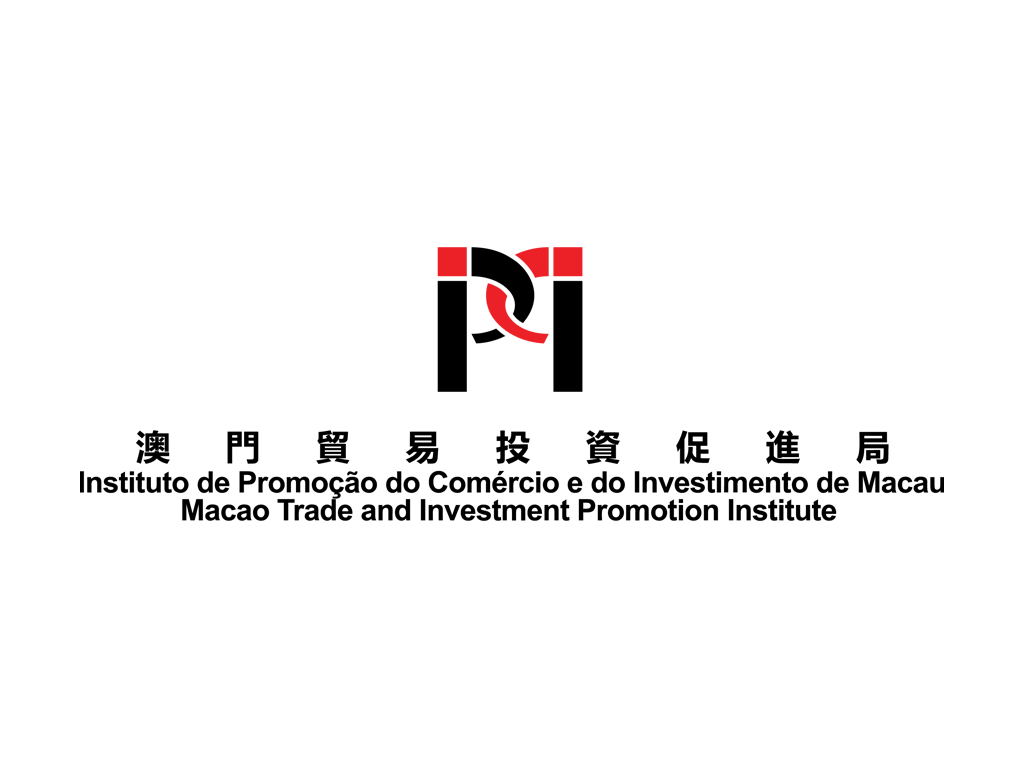Pesquisar
The Long Wa Teahouse has been in business for more than 50 years. As one of the few traditional Cantonese teahouses in Macao, it is a place where tradition lives on.
While the nostalgic hues of the teahouse continue to attract many visitors, the place is also much loved by photography enthusiasts and films have been shot at Long Wa.
It has also maintained the original furnishing for more than 50 years. The teahouse continues to use customary Cantonese techniques to make its dim sum dishes and its management is proud of maintaining a traditional business model. The old-style cultural characteristics of the teahouse could enhance the development of the cultural and creative industries in Macao. With the support of the Macao SAR Government, the teahouse is planning to open the Macao Pu’er Tea Cultural Centre, to promote Chinese tea culture, and sell teas and tea sets that will be designed by Macao artists.
Proprietor Ho Meng Tak is part of the family’s second generation to have run the Long Wa. He says it opened in 1962, becoming the first teahouse in the Red Market area. It was dock area in those days. The teahouse was a place where anyone could indulge in their liking for tea, and the business immediately began attracting labourers who worked on the docks nearby. At the time, the Long Wa employed a famous chef from Hong Kong and adopted the traditional Cantonese ingredients and methods to make dim sum. It is a tradition that remains unchanged, says Mr Ho.
Mr Ho says even the decoration at Long Wa remains similar to what it was when it first opened, except for the wooden chairs that were replaced in the 1980s. The interior has been kept unchanged in order to maintain the traditional atmosphere of the sixties Cantonese-style teahouse. The building where Long Wa is located is now worth a lot of money, but Mr Ho says he has never thought about selling it. While the building would be easy to sell, Long Wa has a proud past serving its loyal customers and visitors in the same location, which is full of history and tradition. People enjoy spending time at Long Wa, and the taste of its dim sum dishes, which creates a connection between the business and its customers, which Mr Ho says is more important than money.
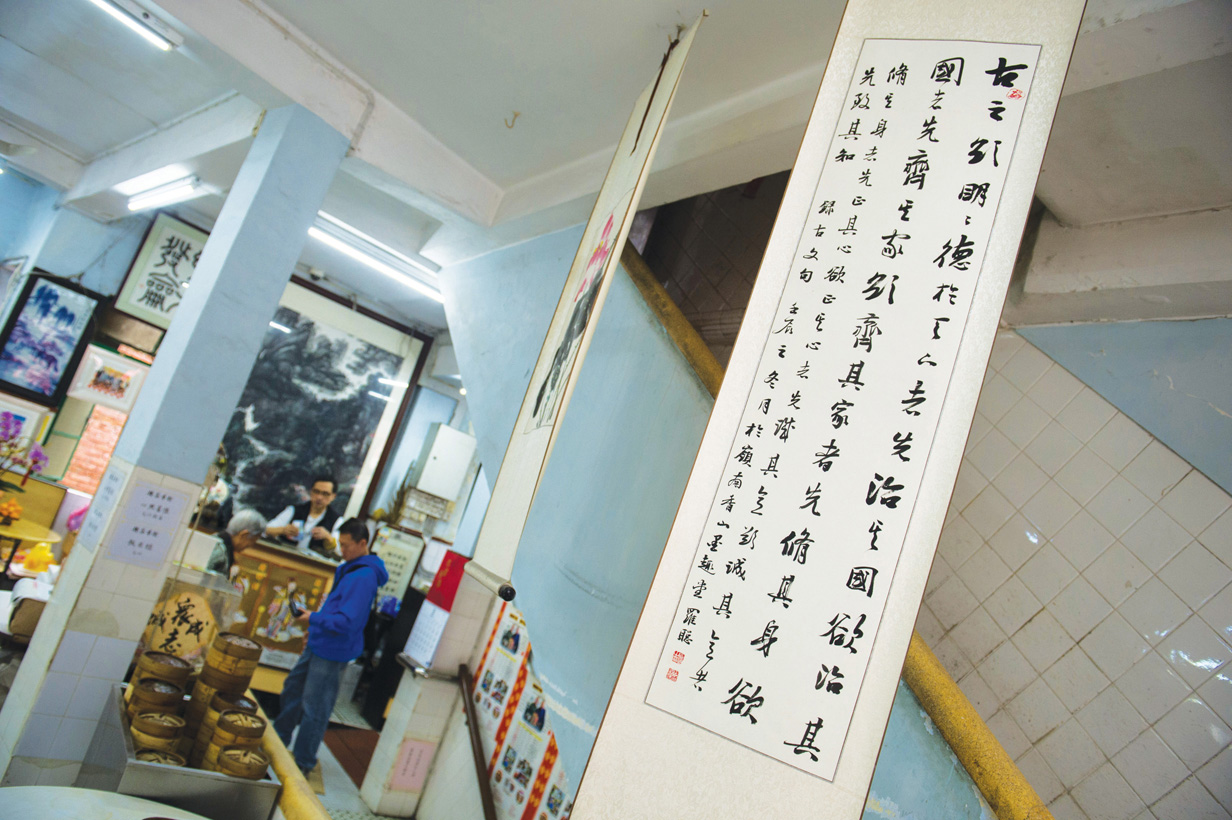
Promoting culture
Mr Ho says that during its most prosperous period, Long Wa had up to 70 employees but that changed just before the Handover in 1999. The number of employees has gradually declined to just six, as the shop adjusted its operations to face modern times. To deal with the increasing competition, Long Wa stays true to the quality of the Chinese tea and dim sum dishes, characteristics that Mr Ho says set it apart from other shops. The teahouse is a favourite among residents who gather here with their families but it has recently become popular among tourists, says Mr Ho.
The teahouse has started to provide space for organisations holding events, and they have turned the teahouse into an art incubator and a gallery. Mr Ho says his restaurant’s nostalgic atmosphere attracts groups of artists for performances and to use the venues as a film set. The teahouse has also space for artists to display their artwork.
Long Wa plays a unique role in the cultural and creative industries, with support from the Cultural Industries Fund, Long Wa could soon host the Pu’er Tea Cultural Centre. Mr Ho says the project includes a space for exhibitions, and a concept store selling tea and tea sets designed by Macao artists that will help create a Macao brand. The centre could organise classes about tea, including the skills required for making different kinds of tea and to introduce its health benefits. The centre will not only promote traditional Chinese tea culture but also make Long Wa a space for the promotion of the cultural and creative industries.
Mr Ho says the plan to revamp the space has already been approved by the Government and the renovations will start in late March and early April this year, but the duration of work is uncertain. He says the opening of the Macao Pu’er Tea Cultural Centre would help popularise the tea culture in Macao.
Regarding the future for the teahouse, Mr Ho says there is no succession plan. He remains committed to tradition and quality dim sum dishes. The shop now hopes to use its tradition to contribute for the development of the city’s cultural and creative industries.
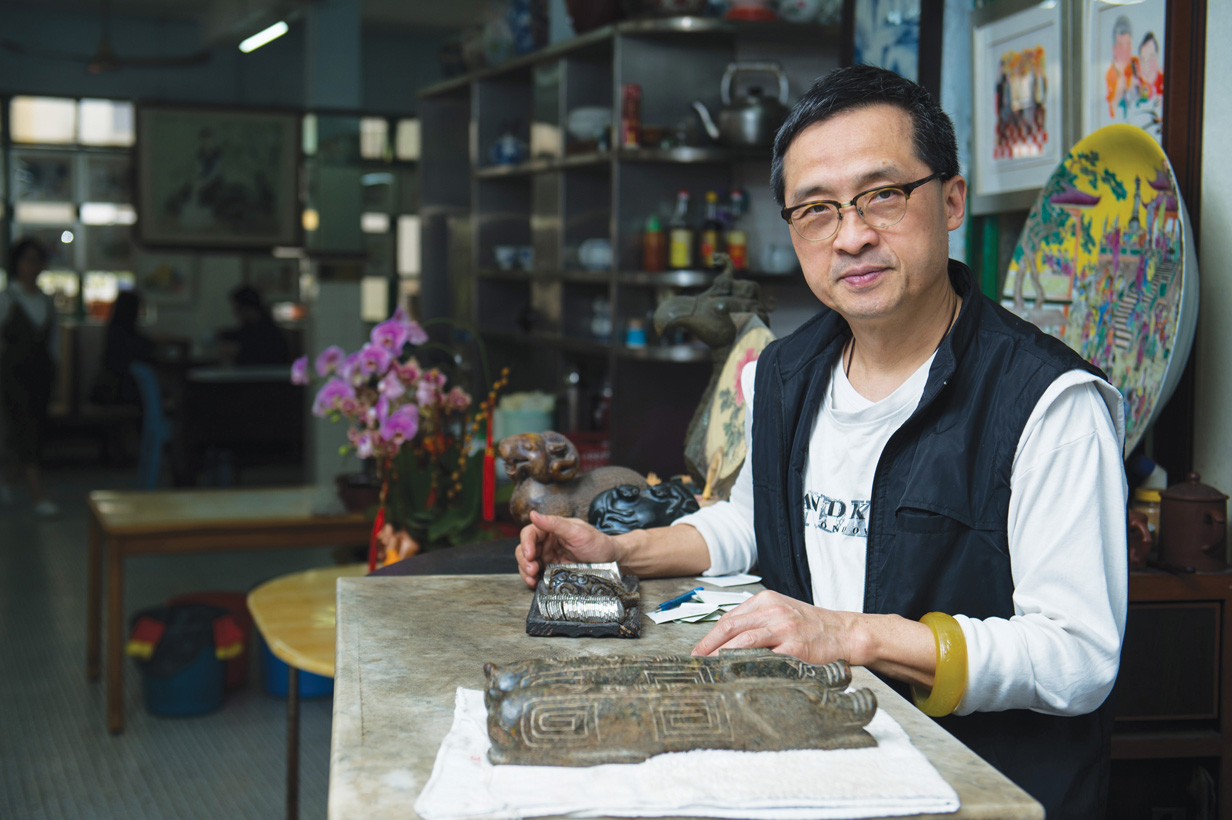
Proprietor of Long Wa Teahouse Ho Meng Tak



